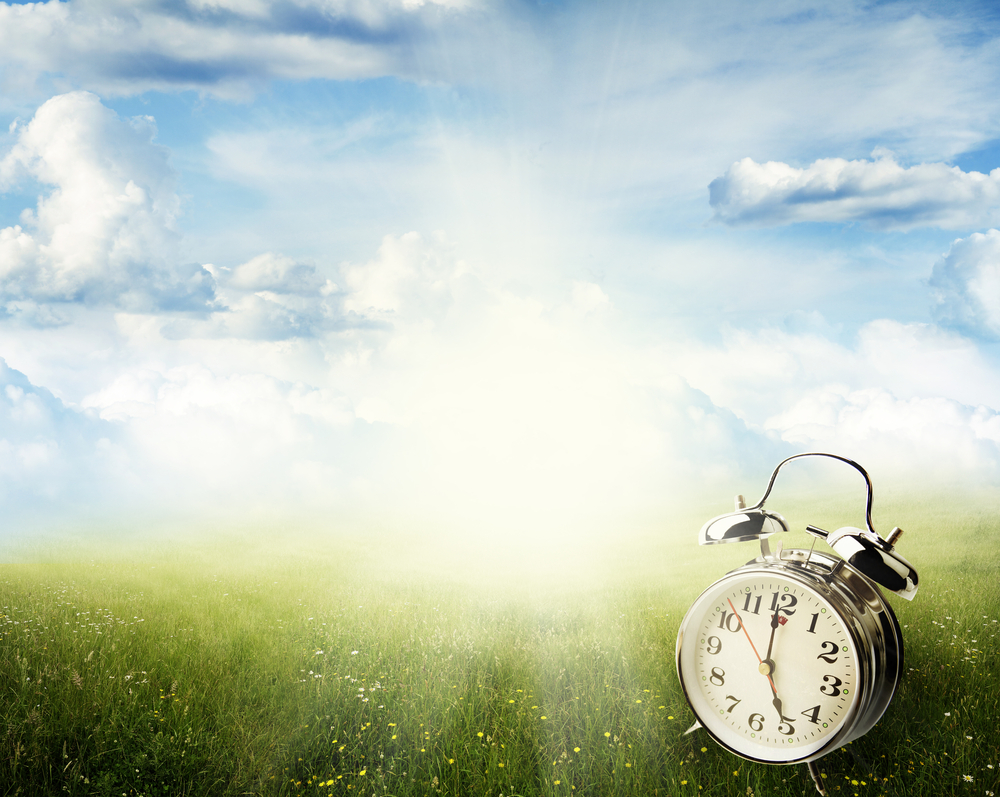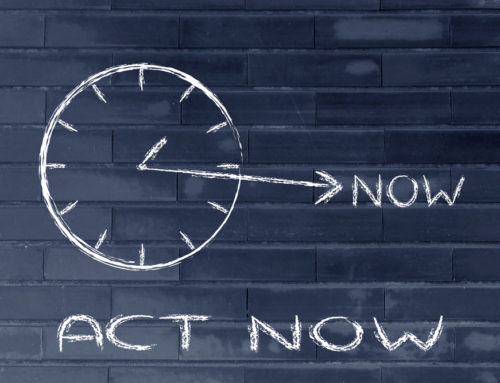……….Sleep that is.
Your diet is as clean as it can be, you rarely drink alcohol, you’re exercising 3-4 times a week with your personal trainer yet you still can’t shift that stubborn roll of fat from your waist. Could lack of sleep be hindering your ability to lose fat?
I know I don’t get enough sleep. My work schedule means that my alarm goes off at 5:30am from Monday to Friday, and my day finishes at 10pm and get home by 1030pm. However, I don’t manage to unwind for at least an hour. I occasionally have a lie in at the weekend but, when you have 5 year old you seldom get the chance.
Have you ever watched The Walking Dead? I can instantly empathise with the zombies as that’s how I sometimes feel.
I sometimes operate on five hours sleep a night, but eventually I have to pay off this debt by finding hours in the day where I can enjoy an hour’s nap. Ideally I need roughly between 7-9 hours sleep. This varies from person to person.
How does this lack of sleep affect my body? And what implications will this then have in terms of trying to achieve the body composition that I want?
Some scientists speculate that sleep deprivation could disrupt the hormones that regulate appetite, which results in body fat accumulation. And also, that the lack of sleep results in more stress and a release of cortisol into the body.
Cortisol
One of the first major problems that is associated with a lack of sleep is an increased daytime cortisol level. Cortisol is a hormone that is released within the body that works to break down body tissues. In times of stress, you will find cortisol levels very high since the body is getting ready for the fight or flight response mechanism.
In one study, carried out by the laboratory of physiology in Belgium, researchers noted that those who were depriving themselves of sleep noticed higher afternoon and early evening cortisol levels than those who were not.
Higher levels of cortisol = loss of muscle mass
If you lose muscle mass, then your metabolism decreases as muscle mass uses more energy for maintenance. The end result is a higher body fat percentage.
Sleep and Appetite
What about the appetite hormones leptin and ghrelin?
Leptin is a protein that regulates food intake. It acts on an area of the brain called the hypothalamus to decrease appetite. It is produced by fat cells, and the amount of leptin in the body is correlated to the amount of fat in the body, though it is produced by a number of other cells in the body as well.
Ghrelin is a hormone that is produced by the stomach and pancreas. Levels increase before a meal and decrease after a meal. This hormone stimulates the secretion of growth hormone, increases appetite and encourages weight gain. Like leptin, it acts on the hypothalamus. In addition, it stimulates the area of the brain that reinforces pleasure, encouraging food intake.
A study with 12 young, healthy, normal weight men found that just two nights in a row with four hours sleep (and no napping) resulted in lower levels of leptin and higher levels of ghrelin. As low leptin and high ghrelin both stimulate hunger and appetite, the men reported higher overall hunger ratings, especially cravings for energy dense, processed foods like sweets, baked goods and bread.
Sleep and Exercise Performance
Finally, you must not overlook the connection between the amount of sleep you get and your overall exercise performance. When you are short on sleep, it’s quite typical to find yourself struggling to maintain the usual level of exercise that you normally would tolerate quite well.
In addition to this, since sleep is the primary time the body recovers from exercise, it’s also when you rebuild your torn muscle tissues. Without this recovery time, you’re going to go into your next personal training session at a disadvantage.
One of the key recommendations for combating over training syndrome, which will quickly take you away from your fitness training and limit further fat loss, is getting quality sleep. Failing to do so could mean you having to take time away from your favourite personal trainer, which without doubt will be very sad for you.
So make sure you’re getting your seven to eight hours sleep each night. Not only are you going to feel better, think clearer, and be much stronger when it comes to battling those food cravings that are so common with fat loss diets, but you’ll also really be helping promote better long-term health as well.
Sleep Tips
If you struggle to get to sleep you could try these tips courtesy of the
• Run yourself a hot foamy bath before bedtime or just add Epsom bath salts which act as a muscle relaxant
• Prepare a warm milky drink or herbal camomile tea for your late night cuppa – avoid tea, coffee or alcohol
• Try and make the last thoughts you have at night good ones – happy relaxed thoughts really do promote happy relaxed dreams. Write down on a piece of paper all the things that are racing through your mind. This brain dump allows you to relax and drift off to sleep quicker.
• Spread your toes for a second or two then relax. Try this technique of tensing and releasing your muscles working up your body through calves, thighs, buttocks, shoulders and face
• Now imagine your body is very heavy and sinking into the sand, feel the sun gently warming your body, listen to the sounds of paradise around you and feel yourself drift into a deep and restful sleep



